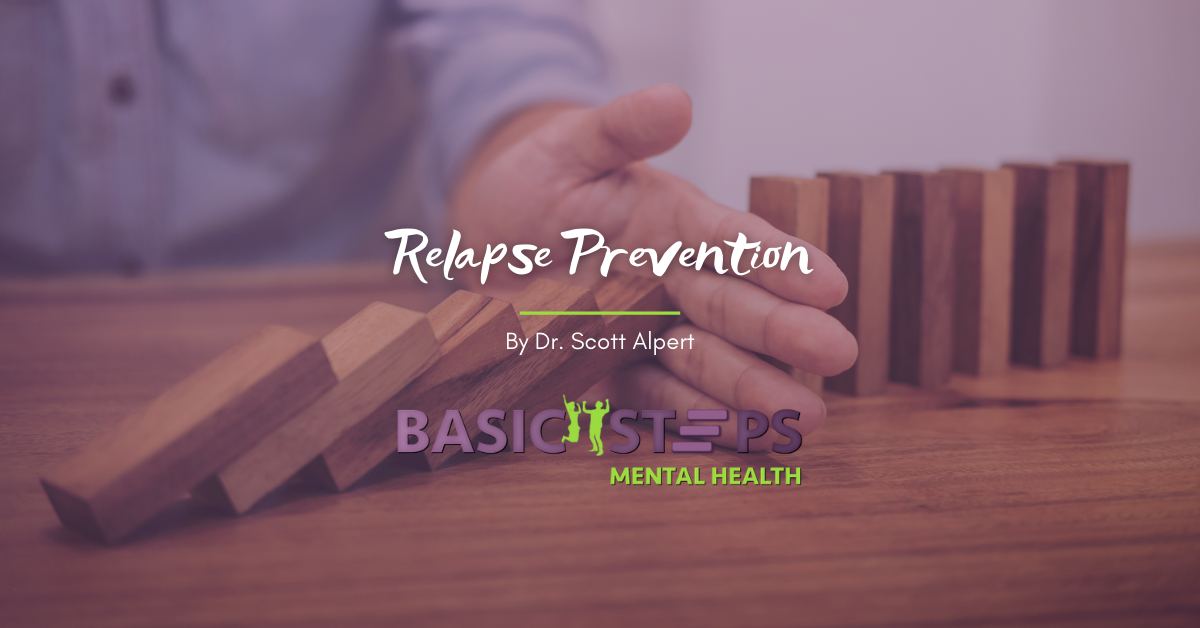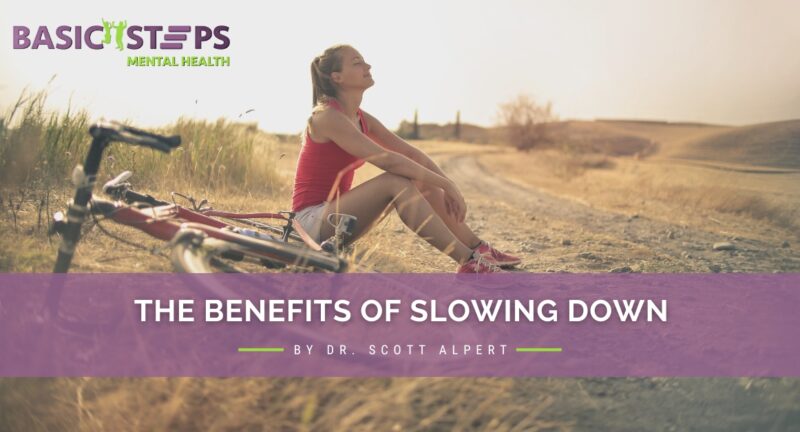
Relapse Prevention
Relapse prevention, just the name itself leads to relapse because the mind focuses only on the word Relapse. To coin a more proper term, perhaps “Sobriety Maintenance”, though the term Sobriety can have negative overtones. Is there another way to describe the process of stopping addiction and living life healthy and functional?
Oh, I’ve heard the slogan: “Just say no!” or the phrases from AA that I was weaned on: “Take it Easy” or “One day at a Time”, but even these statements infer “stop drinking” and the subconscious mind doesn’t pay attention to the word “stop” and fixates on drinking.
Language is so important because this is how we create things in our life. A quote by Henry Ford – “If you think you can, if you think you cannot, you’re right.” How to focus upon “Can” thinking is what helps us create what we want in our lives.
We had an epic group this past week on Relapse Prevention – though it was called “The Relapse Extinguisher” because the group project was creating a small book to go to in case of acute cravings. Of course, on the cover of the red binder is placed – “Open in case of emergencies” – like a fire extinguisher. I decided to conduct this group differently and asked everyone to help edit the original handout that was a few years old. Here is where the magic began.
I’ve always thought that therapy was a collaborative endeavor. How often has this writer thought what was presented to participants was perfect, only to tinker and change it around later on. I felt, why not include others in on this project?
The group became so active we ended up talking about it the next morning. This is the magic of therapy, getting people involved and excited about recovery. What did we discuss? Well, I learned it depended on the participant. One was into the behavioral model and came up with ideas about rewards for proper behaviors. Another came up with languaging and realizing that people are not only doing the best they can but the best that they know. Though the one that floored me was what a new intern said. She asked the group which part of them did they allow to be in charge – the parent, the adult, or their child? When the child takes charge, it is all about fulfilling desires without any limits. How to strengthen the parent and adult aspects stood out as the main objective in her Relapse Prevention.
I’ve always looked for ways to enhance our program. This was a first for me to include others in the developmental process of it. All I know was how we all felt after that group ended like we had solved an age-old problem. Still, the pragmatic me feels that it is not about finding the secret item that is important, but more of the process of including others and demonstrating that we all care about one another.
With all of this said, should we still call it Relapse Prevention? I know when Nancy Reagan had her “Just Say No” to drugs campaign, all I did was say yes to it. Nobody could tell me what to do. Ultimately what did I want? I wanted to have my life back, be functional, work again, have a relationship, and join the functional world. When I focused on “not using” it made my sobriety torturous. The clock ticked by second after second while I was in agony. But when I was involved in life, creative, interacting with my friends, then my sobriety was easy and natural. Who wanted to use it when life was functional and fun? Maybe that is the title “Life Functionality”. Well, on second thought that stinks. And why do we have to create a lofty title in the first place? But that is what we do in this industry. We label people, give them a diagnosis, box it up for the insurance companies so that they will pay their due (which they usually don’t), and go our merry way. Maybe that is the title “Merry Way Living”. No, that sucks too. I give up. If it was up to me, it would all be called Mindfully Living. Here is where we honor what we put in our body, do to ourselves, how we think, and tending to our emotional needs. In doing all of this, relapse prevention just sounds retarded.
What title can you think of? Obviously, mine are pretty lame.
Compassionate Care is Always Available
There are many more tools and strategies you can use in your pursuit of happiness. Here is where we come in. Contact us at Basic Steps Mental Health and let us support and educate you on this journey back to your loving heart center. Imagine living a heart-centered life, regardless of what is happening externally. We’d love to be of help.
For 25 years, Dr. Scott Alpert, the clinical director of Basic Steps Mental Health, has treated over 7,000 people with mental health and addiction problems, using a Psychological approach that mixes and matches ten of the top approaches used in the industry. We are here virtually and in-person to help you get through this COVID-19 pandemic and many other difficulties you may be experiencing.
May you have good mental health.
Related Posts
The Benefits of Slowing Down
Have you ever made those rash decisions, blurted out something, and then later...
Fix-It Time
While driving to work this week my car developed a problem, now it is in the...




